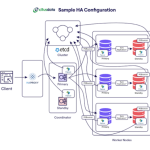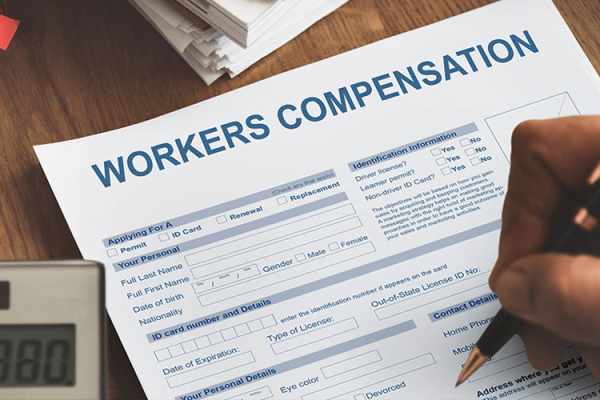Card-not-present (CNP) fraud is one of the most common types of credit card fraud. It is typically committed online and over the phone when scammers use stolen payment card information to make fraudulent purchases.
CNP transactions have increased in popularity due to their convenience and global access. However, they also come with several disadvantages, including higher chargeback risk.
Table of Contents
Data Analysis in CNP Chargeback Recovery
CNP fraud is a standard payment card fraud that can result in costly chargebacks and dispute costs for merchants. In addition, businesses often face charges from the issuing bank due to the chargeback process.
The chargeback rate a business experiences depend on how many transactions it processes in a month. Some businesses receive fewer than ten monthly chargebacks, while others receive more than 500.
Regardless of the number of chargebacks a business experiences, it is essential to have a data-based approach to fighting these types of disputes. By leveraging data, businesses can determine why chargebacks happen and how they can avoid them in the future.
To identify the root cause of a dispute, companies should conduct an in-depth analysis of their transaction data and inventory risk profiles. This can help them better understand the impact of CNP fraud and prevent it from happening in the first place. Ultimately, this can lead to chargeback recovery and more significant ROI.
Why Data Analysis is Important in CNP Chargeback Recovery
Data analysis involves a multi-step process that includes gathering, cleaning and analyzing information. It can be daunting, but the results are worth the effort.
The first step in any data analysis project is to identify a question or challenge that needs to be answered. This helps you decide what data you’ll need and where it will come from.
Once you’ve nailed down the question or challenge, it’s time to collect the required data from internal and external sources. This data can come from reports, internal tools like CRMs, surveys, questionnaires, and direct observation.
After collecting the data, cleaning it thoroughly before sending it for analysis is essential. This means removing duplicate records, missing data, and other anomalies that may distort your findings.
Identifying the Root Cause of CNP Chargebacks
Card-not-present (CNP) transactions are increasing and becoming crucial to eCommerce sales. Consumers prefer these transactions because they remove barriers to shopping and provide more flexible purchasing options, including remote purchases via phone or email.
Despite these benefits, CNP fraud remains a significant concern for merchants across all industries. CNP chargebacks eat into profit margins, and merchants are left on the hook for fulfillment, shipping, and materials costs that would have otherwise been avoided.
The majority of cardholders dispute transactions due to a variety of reasons. These reasons range from confusion about the transaction to a merchant’s error.
According to a recent study, identifying friendly fraud and winning chargeback cases are two top challenges for surveyed merchants. Respondents receiving ten or more chargebacks monthly reported a high rate of chargebacks caused by friendly fraud, with an average ratio of—42 percent.
Identifying the Cause of CNP Chargebacks
CNP transactions, or card-not-present payments, enable merchants to process credit card transactions without needing a physical card. This is a growing trend and has increased eCommerce sales.
However, it also increases the risk of chargeback fraud. This is because CNP transactions are a less controlled payment environment than card-present transactions.
Because they require more specialized authentication, merchants must be careful when handling CNP transactions. This can mean verifying the billing address, IP address and other details.
In addition, since CNP transactions can be prepaid, merchants need to know how to process these transactions. For example, if a customer has a prepaid card to make purchases regularly, the business must know when that card changes to adjust the bill amount.











